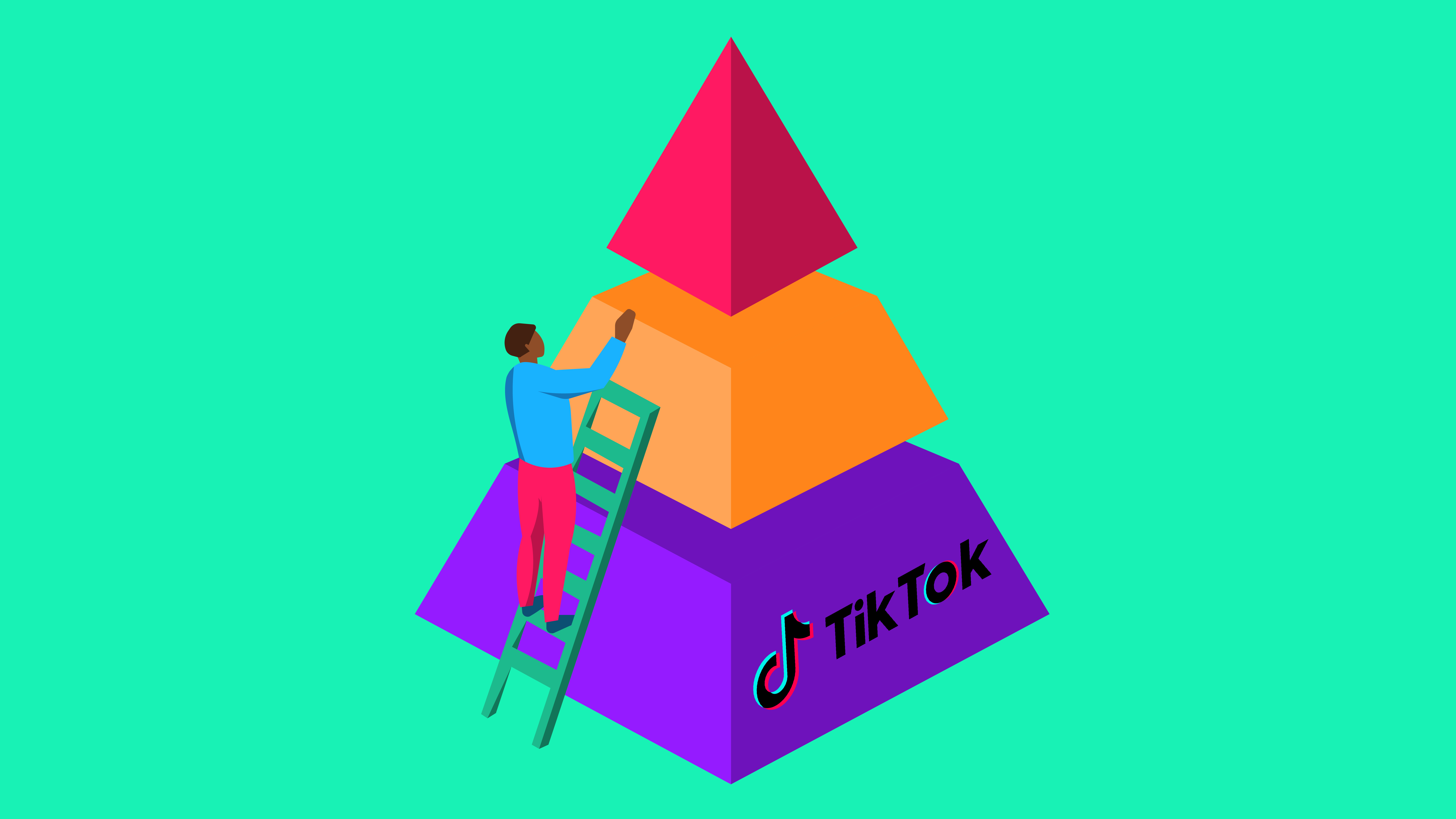Author: Steffen Meyer, Mobile Marketing Content Specialist
TikTok has risen to be an important player in the app marketing world. To fully use the potential of this video platform, you need to understand the basics, as explained in this blogpost, and have insights into ad campaigns and its various optimizations, which we will cover here.
General tips for your ad campaign
When setting up a TikTok ad campaign, you should consider these tips:
- Set your budget in the ad groups and leave the campaign budget open: This way you avoid that a small campaign budget will restrict or stop spending on ad group level.
- Use daily budget instead of lifetime budget: This will help you to keep better control over your Cost per Action (CPA).
- Set your budget to at least 50 times your target bid, and no less than 100$ a day: With this set-up, TikTok’s algorithm will overcome the learning phase, since it needs around 50 conversions to predict performance well.
- Choose the right bidding: You may either go for Lowest Cost and let TikTok get you as many conversions as possible while spending the budget fully, or go for Cost Cap to restrict TikTok to spend all of your budget, thus having more control over your Cost Per Action (CPA) but sometimes sacrificing volume.
Three Optimization options
Next to these general tips, you should familiarize with TikTok’s optimization features which are especially tailored for ad campaigns for apps. These are:
- Install Optimization
- App Event Optimization
- Value-Based Optimization
All of them build upon each other, learning from data previous campaigns have gathered. Think of it as a pyramid:

So when setting up your first campaign, you should always start with:
1. Install Optimization

With this option, TikTok’s algorithm will look for users that are most likely to install your app or perform in-app action.
You should rather go for a broad than a narrow audience, so the algorithm can sweep through a large pool of possible users, making the learning phase more efficient. Sometimes, just setting the age to 18+ and the location corresponding to the app’s language and place of action will suffice.
After your Install Optimization campaign ran for at least one or two weeks – depending on your budget -, your TikTok account will have gathered enough data, so that you can start with phase two:
2. App Event Optimization

While Install Optimization is a rather general approach to acquire users, App Event Optimization acts on a more granular level. It doesn’t only aim at users installing an app but performing certain valuable actions inside of it, such as: Purchase, Subscribe, Achieve Level, etc.
If your app requires not only to be downloaded but also needs the user to register for your app, this option will help you a lot. The same goes for publishers that want to raise the amount of in-app purchases.
Depending on the event depth, TikTok will require more or less time and data for its learning phase:
- Shallow-funnel events such as Login or Register will be triggered relatively often by users and are posted back quickly, thus making it easier for the algorithm to figure out the right patterns.
- Deep-funnel events such as Purchase don’t happen as often and take longer to be posted back, thus demanding more patience by the advertisers.
After a few weeks running a campaign with this optimization setting (more detailed infos about it here by TikTok), you may go even further, with:
3. Value-based Optimization

This option allows you to target those users who most likely spend more money in your app than the average user, meaning: you target users with the potential for becoming a high value customer.
Since you need some data points to start such a campaign, you may only access this feature after you have generated over 30 purchase conversion events with value in the last 7 days on TikTok.
After unlocking this option, you can select Value as the optimization goal in the ad settings and choose one of these two bidding strategies:
- Highest Value lets TikTok spend all of your given budget, bidding for the highest possible purchase value.
- Minimum ROAS (Return on Advertising Spend) restricts TikTok’s spending when the bidding value doesn’t meet your manual set ad return. However, the platform doesn’t guarantee that the eventual ROAS will stay above your specified amount.
To dive in deeper, have a look at this help site by TikTok.
Complemental, not competitive
Keep in mind that all these optimization options don’t compete with but complement each other. Install Optimization reaches a broad audience and drives installs, App Event Optimization raises valuable interactions inside your app and Value-Based Optimization targets high value customers.
As you can see, it can be quite complex to set-up successful ad campaigns, so drop us a line if you want to learn more about it.
💡 Knowledge sharing is at the core of what we do. Get our Marketing Master Map, sign up for our newsletter and become part of our community on LinkedIn to learn how to make apps succeed in the competitive mobile landscape.
Helpful Links:



